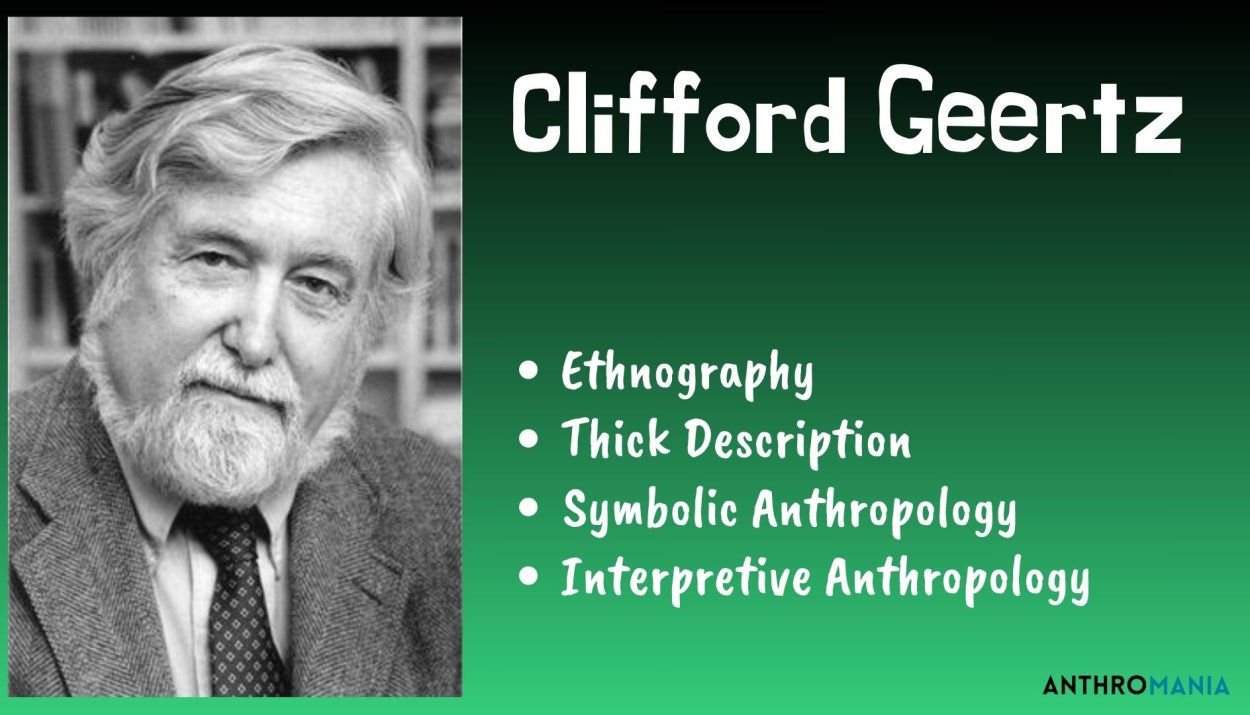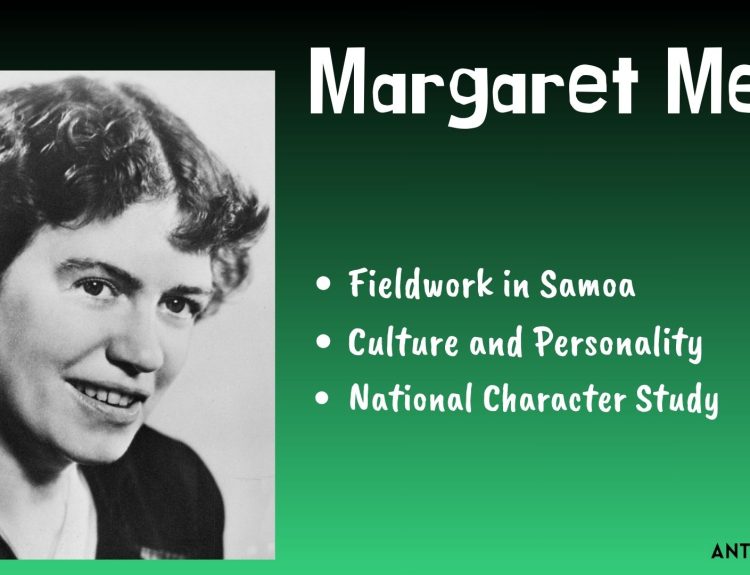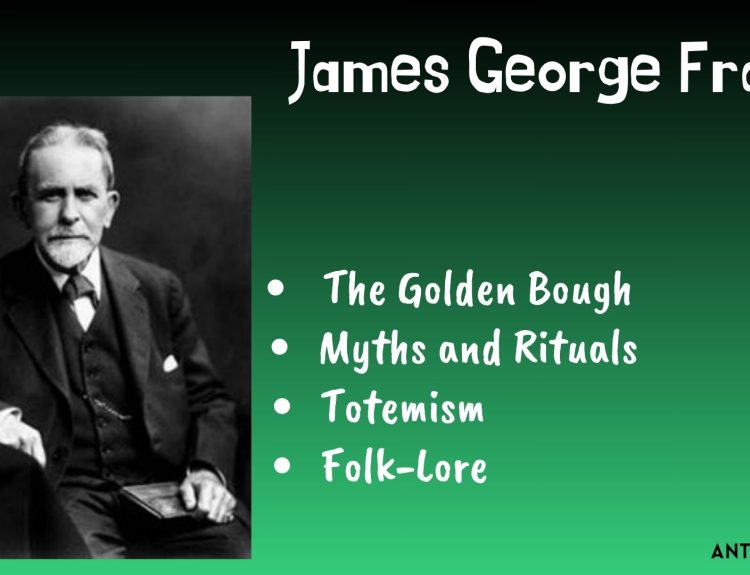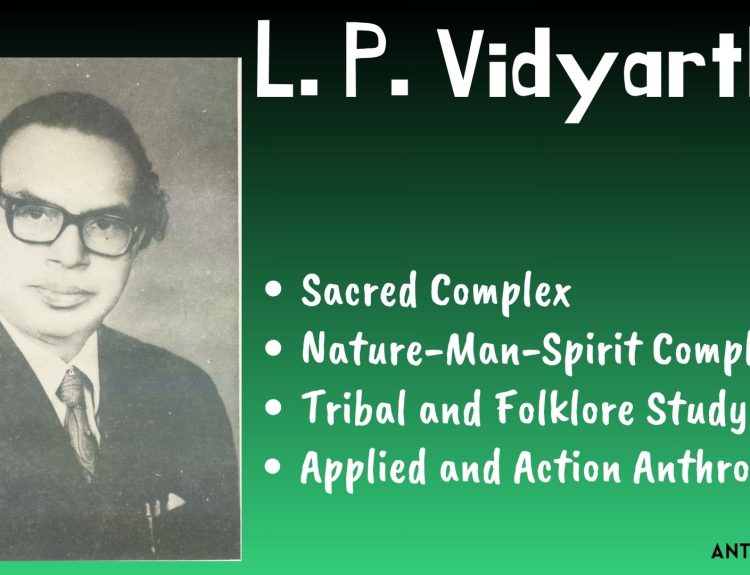Anthropology, as a discipline, encompasses a diverse array of approaches and methodologies, but few figures have had as profound an impact on the study of culture as Clifford Geertz, the influential American anthropologist. Clifford Geertz’s Contributions characterized by its focus on cultural interpretation and symbolic analysis, have left an indelible mark on the field of anthropology.
Early Life and Education
Clifford Geertz was born on August 23, 1926, in San Francisco, California. He grew up in a family deeply interested in culture and literature, which laid the foundation for his future intellectual pursuits. Geertz pursued a Bachelor of Arts in Philosophy from Antioch College in Ohio before obtaining his Ph.D. in anthropology from Harvard University in 1956. Clifford Geertz passed away on October 30, 2006, in Philadelphia, Pennsylvania.
Ethnography and Thick Description
One of Geertz’s most significant contributions to anthropology is the concept of “thick description”, a concept adopted by the British philosopher Gilbert Ryle. He argued that anthropologists should move beyond simple observation and recording of facts and seek to understand the deeper meanings and symbols embedded in cultural practices. It refers to an approach used for the interpretation of cultural practices and symbols. Clifford Geertz’s frequently referenced essay “Deep Play: Notes on the Balinese Cockfight” included in the book “The Interpretation of Cultures” stands as a prime illustration of the concept of thick description.
Geertz’s approach to ethnography involved immersing himself in the culture he was studying, often living among the people for an extended period. This participant observation method allowed him to gain an intimate understanding of the context in which cultural practices occurred.
Read- Let’s learn about Field work for research
Symbolic Anthropology
Geertz’s work is closely associated with symbolic anthropology, a theoretical approach that focuses on the role of symbols and meanings in human behaviour. He believed that culture was primarily a system of symbols, and deciphering these symbols was key to understanding a society. Geertz argued that symbols could be found not only in rituals and religious practices but also in everyday activities such as eating, dressing, and communicating.
In his influential publication “The Interpretation of Cultures” (1973), Geertz delineated culture as “a system of inherited conceptions expressed in symbolic forms by means of which men communicate, perpetuate, and develop their knowledge about and attitudes toward life”.
Interpretive Anthropology
Geertz was a proponent of interpretive anthropology, which places emphasis on the subjective interpretations of individuals within their cultural context. He argued that anthropologists should strive to understand the meaning systems that guide people’s actions and beliefs. This approach contrasts with more objective and positivist approaches that seek to uncover universal laws or objective truths.
Influence and Legacy
Clifford Geertz’s work has had a lasting influence on the field of anthropology. Geertz’s writings are widely taught in anthropology courses, and his impact extends beyond academia into fields such as sociology, cultural studies, and the humanities.
Some of his notable publications include “The Religion of Java” (1960), “Person, Time, and Conduct in Bali” (1966), “The Interpretation of Cultures” (1973), and “Local Knowledge: Further Essays in Interpretive Anthropology” (1983). He received the National Book Critics Circle Award for his work “Works and Lives: The Anthropologist as Author” (1988), in which he explored the lives and contributions of four influential figures in his field: Bronislaw Malinowski, Ruth Benedict, E. E. Evans-Pritchard, and Claude Lévi-Strauss.
Conclusion
Clifford Geertz, the American anthropologist known for his pioneering work in cultural interpretation, left an enduring legacy in the world of anthropology. Geertz contends that the most potent symbols reside within the sacred domain, which represents the most mysterious aspect of any culture. Geertz asserts that comprehending a culture requires the interpretation of these symbols, a task demanding a profound familiarity with the culture, attainable only through what he terms “thick ethnography.” He suggests that the true meaning of any behaviour remains concealed beneath the surface and can only be grasped through subjective interpretation rooted in comprehensive qualitative fieldwork.
Geertz’s work continues to inspire anthropologists and researchers as they seek to unravel the intricate tapestry of human culture. In the realm of anthropology, Clifford Geertz remains a revered figure whose contributions to the discipline have left an indelible mark, reminding us of the depth and complexity of the human experience.
References
Clifford Geertz- New World Encyclopedia
Clifford Geertz- The New York Times







